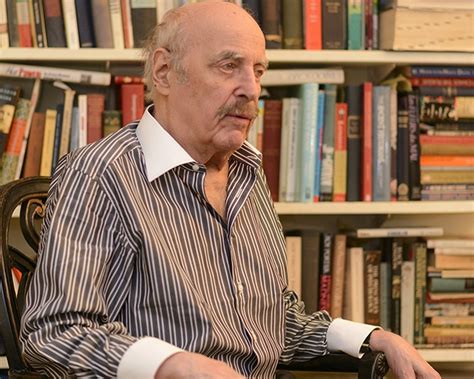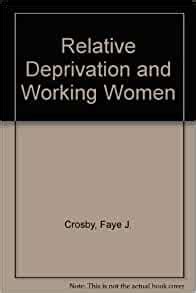A Quote by George Weinberg
Many people secretly think that gays are a lot happier than they are, and want to punish them.
Related Quotes
Every gay who is in the closet is ultimately a threat to the freedom of gays. I don't want to seem intolerant to them and I think we have to say that to them with a great deal of affection, but remaining in the closet is the other side of the prejudice against gays. Because until you challenge it, you are not playing an active role in fighting it.
Liberals claim to love gays when it allows them to vent their spleen at Republicans. But disagree with liberals and their first response is to call you gay. Liberals are gays' biggest champions on issues most gays couldn't care less about, like gay marriage or taxpayer funding of photos of men with bullwhips up their derrieres. But who has done more to out, embarrass, and destroy the lives of gay men who prefer to keep their orientation private than Democrats? Who is more intolerant of gays in the Republican Party than gays in the Democratic Party?
When men and women across the country reported how happy they felt, researchers found that jugglers were happier than others. By and large, the more roles, the greater the happiness. Parents were happier than nonparents, and workers were happier than nonworkers. Married people were much happier than unmarried people. Married people were generally at the top of the emotional totem pole.
There are tons of gay issues that are important, from gay marriage to adoption rights to work-place discrimination and more... but I think the biggest gay issue is the level of involvement of the gay community to demand change. So many gays think that other gays will take care of it. To fix this, people need to realize that they CAN make a change, but no one person can do it alone.
We have different expectations for different groups of people. We tend to modulate the degree with which we're forgiving or punitive depending on how well we know folks, or how much we consider them peers, or how much social capital we've invested in them. That has to do with race, class, gender, and socioeconomic status. We have a tendency to bend over backwards to forgive folks we think of as part of "the us." The question of who we define as "the us" is a lot of what constitutes how we punish who we punish.






































